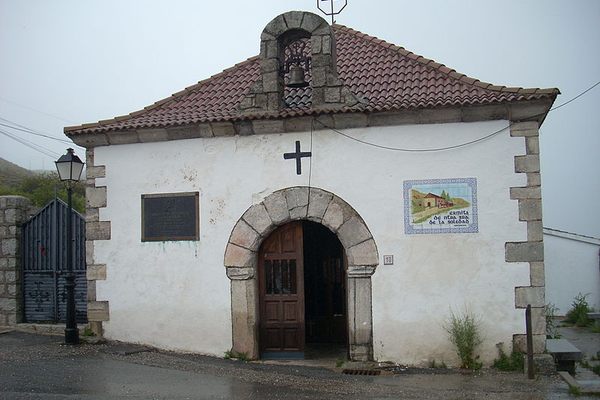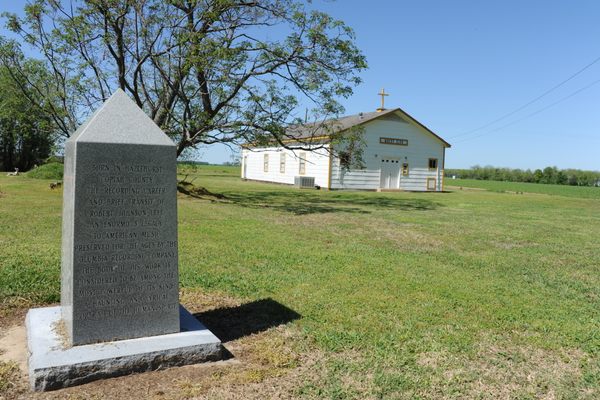About
In times of trial, stress, and frustration we often say things we later regret. It can be very hard to hold one's tongue until the red mist fades. William Kempe, however, was weighed with so much regret after one indignant outburst, in which he accused his wife of adultery, that he swore to hold his tongue. Kempe, a gentleman of the country house called Spains Hall in the 17th century, would have surely been familiar with Psalm 141 and its prayer: "Set a guard, O Lord, over my mouth; keep watch over the door of my lips!" Kempe was so filled with guilt after the accusation that he vowed to "guard his tongue"—for the next seven years.
Kempe is said to have dug a pond on the estate to mark each year of his vow. His vow of silence did not waver, even upon the death of his wife, or upon the occurrence of a robbery at Spains Hall.
The robbery took place, as many stories do, on a dark and stormy night. Kempe was in a nearby town when he heard that a local gang planned a burglary at his home. Keen to warn his family, Kempe wrote a note detailing the plot and asked a messenger to rush it to the hall. But the storm drenched the note, rendering it illegible. But of course, Kempe, in keeping his vow, had told the messenger nothing of the contents of the note.
Upon arrival, the thieves found the home unoccupied, since, in their confusion, the Kempes had left to find William and ascertain his message. So they snatched up many valuable items, but the objects never left the estate. A short distance from the hall, the weight of the plunder caused the thieves' getaway cart to sink into the muddy path created by the very rain that washed away Kempe’s warning. The valuables were thrown into one of the ponds Kempe had dug to commemorate his vow. (They have since been recovered and cleaned, and are displayed in the house today.)
Kempe’s seven-year vow of silence ended only shortly before his death at age 73. Some believe that the end of his oath is what caused his death. When he tried to speak for the first time in seven years, the legend goes, he found himself unable, and the shock of this supposedly killed him. Another local tale is that Kempe, on seeing a child trip into a fire, disregarded his vow to call out for help. Though this outburst was unavoidable and likely saved the boy's life, the tale suggests that Kempe was so anxious about breaching his vow that he died of stress.
Kempe, his impressive yet costly vow of silence, and the wife to whom it was devoted to are memorialized on an ornate tablet and tomb within Finchingfield’s St. John the Baptist church, where he is remembered as "Master of him selfe soe much, that what others scarce doe by force and penalties, hee did by a voluntary constancy hold his peace seaven years."
Related Tags
Published
June 19, 2020
Sources
- Wreyford, P., 2013. The A-Z Of Curious Essex: Strange Stories Of Mysteries, Crimes And Eccentrics. The History Press.
- https://www.essexlifemag.co.uk/out-about/places/once-upon-a-time-in-finchingfield-1-1634282
- The Essex Literary Journal: Or a Monthly Repository of Literature, and the Arts and Sciences Connected with the County, 1839. Seven Years’ Silence. A Tradition Of Finchingfield. [online] p.45. Available at: <https://books.google.co.uk/books?id=n1BEAQAAMAAJ&printsec=frontcover&source=gbs_ge_summary_r&cad=0#v=onepage&q=kempe&f=false> [Accessed 21 May 2020].

























